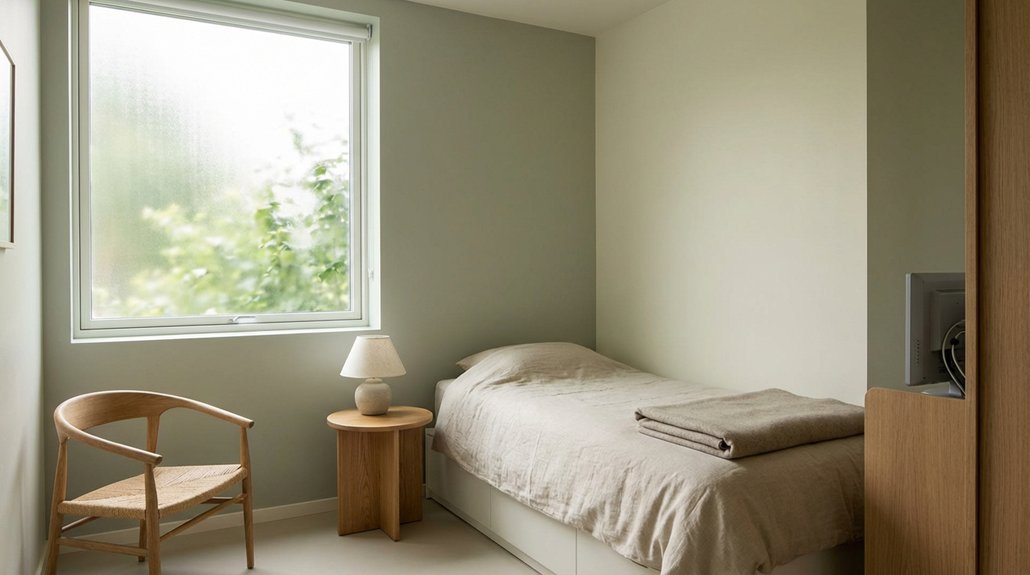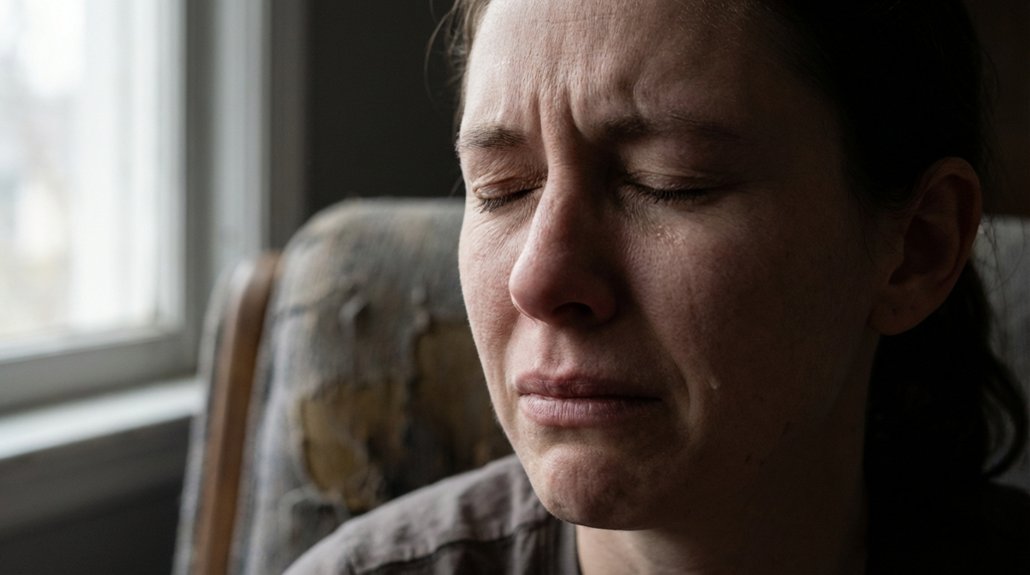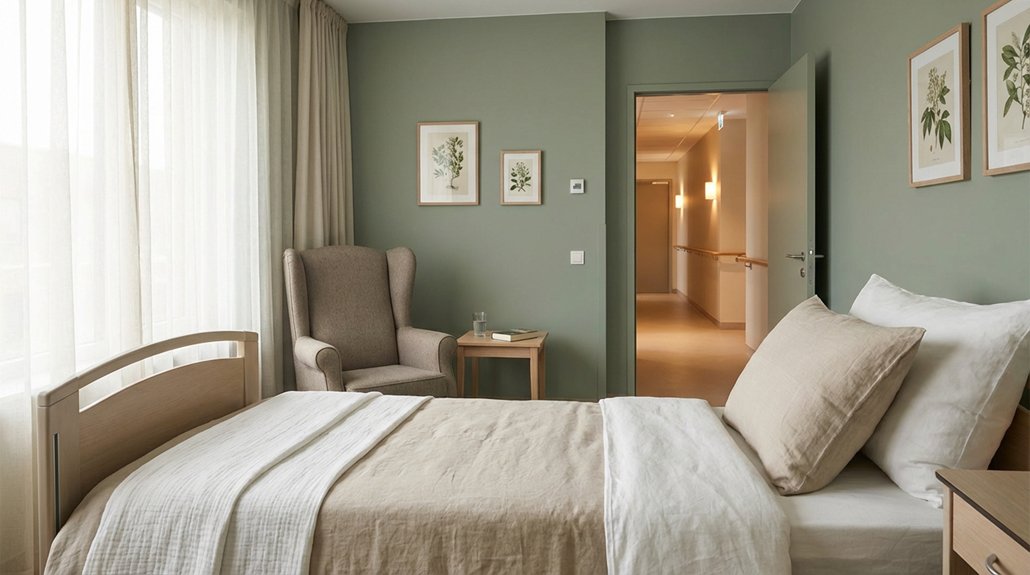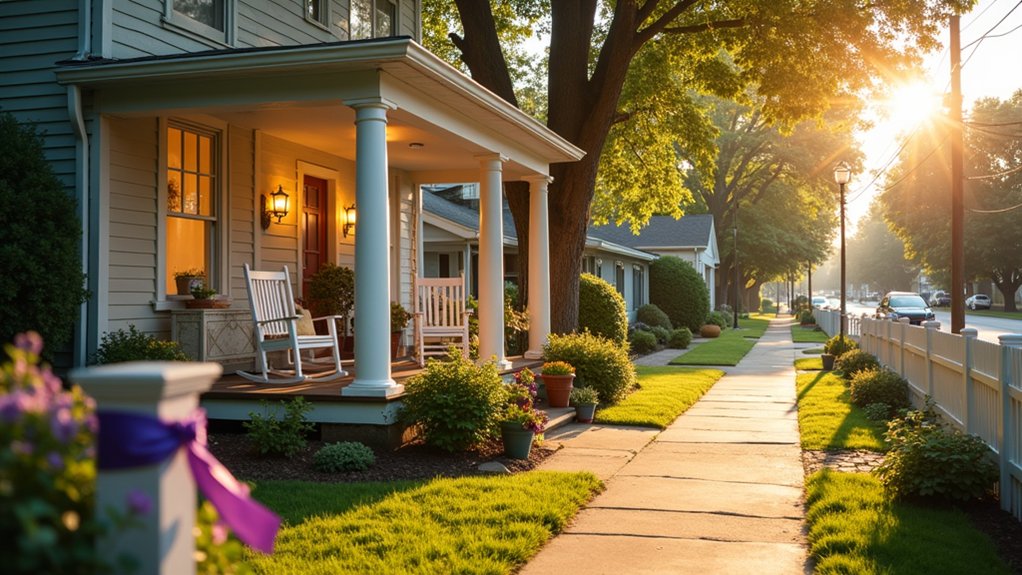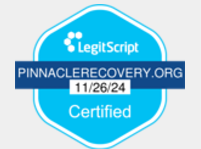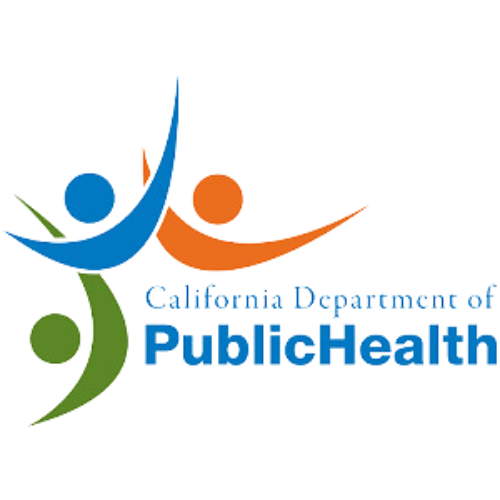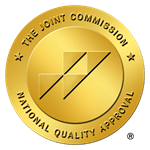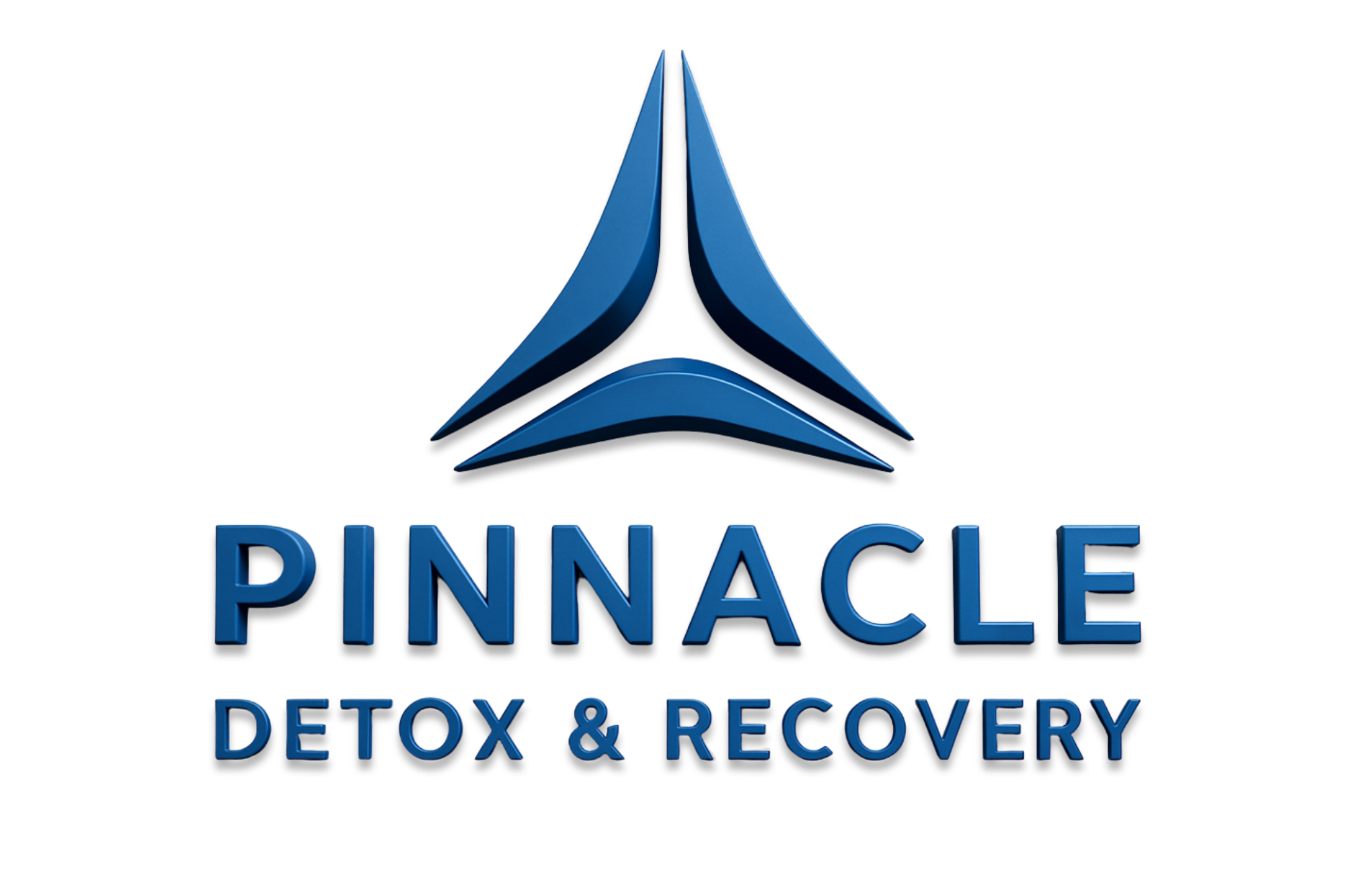Inside residential rehab, you'll engage daily in evidence-based modalities like Cognitive Behavioral Therapy (CBT) to restructure maladaptive thought patterns and Dialectical Behavior Therapy (DBT) to build distress tolerance and emotional regulation skills. Your treatment plan integrates
individual sessions for personalized therapeutic work,
group therapy for peer accountability, and family interventions addressing systemic dysfunction, all delivered by psychiatrists, psychologists, and licensed counselors within a structured schedule that balances skills training with
trauma-focused interventions like
EMDR, particularly when co-occurring mental health disorders require integrated treatment approaches that address both conditions simultaneously for ideal outcomes.
The Core Therapy Modalities Used in Residential Treatment
Residential treatment programs implement a structured integration of
evidence-based therapy modalities, each selected for its demonstrated efficacy in addressing addiction's cognitive, emotional, and behavioral components. Cognitive Behavioral Therapy (CBT) forms the foundation of evidence-based counseling, targeting maladaptive thought patterns that perpetuate substance use while equipping you with practical cbt skills in rehab to manage triggers and prevent relapse.
Dialectical Behavior Therapy extends this framework by teaching dbt coping skills focused on emotional regulation, distress tolerance, and interpersonal effectiveness, particularly beneficial when co-occurring disorders complicate your clinical presentation.
Trauma-focused interventions, including EMDR, address unresolved psychological trauma underlying addictive behaviors.
Motivational interviewing enhances treatment engagement by resolving ambivalence toward recovery. Experiential therapies engage clients in
creative activities to express feelings non-verbally and explore new recovery skills through alternative therapeutic modalities. Gender-specific groups provide tailored support that addresses the unique
trauma and recovery needs of men and women separately. Group therapy sessions provide
connection and shared experience while fostering mutual understanding among individuals navigating similar recovery journeys. This
multimodal approach guarantees
comprehensive treatment of addiction's multifaceted etiology while accommodating individual clinical needs throughout your
residential stay.
How Individual, Group, and Family Sessions Are Structured
How does therapeutic intervention translate from clinical theory into structured daily practice within residential facilities? Understanding what
therapy looks like in residential rehab begins with recognizing the three primary modalities: individual, group, and family sessions. Each serves distinct clinical functions within your thorough therapy structure.
| Session Type |
Frequency |
Primary Clinical Function |
| Individual |
Daily or 3, 5x/week |
Address trauma, triggers, personalized coping strategies |
| Group |
Daily |
Foster peer accountability, shared experience, social skill development |
| Family |
Weekly/bi-weekly |
Repair relational dynamics, education, boundary establishment |
Individual sessions provide confidential emotional support rehab through evidence-based modalities like CBT and DBT. Group therapy reinforces community connection and mutual accountability. Family sessions address systemic patterns like codependency, enabling, communication deficits, proven to reduce relapse rates and strengthen post-discharge support networks. These therapeutic interventions occur within a
consistent daily schedule that helps residents develop healthy routines and replace harmful habits established during active addiction. Treatment plans are designed with an
individualized approach that considers each person's unique history, severity of addiction, and any co-occurring mental health conditions. In addition to these therapeutic modalities, patients engage in holistic practices such as mindfulness, yoga, and nutritional counseling, further
supporting sobriety through holistic healing.
Treating Co-Occurring Mental Health and Substance Use Disorders
Many individuals entering residential treatment carry diagnoses that extend beyond addiction alone. Approximately 21.5 million U.S. adults have co-occurring mental health and substance use disorders, with nearly half of those with mental illness experiencing an SUD at some point.
Common co-occurring conditions include anxiety disorders, mood disorders, PTSD, bipolar disorder, schizophrenia, and ADHD. The relationship is reciprocal, having either disorder increases susceptibility to developing the other.
Integrated treatment addressing both conditions simultaneously within one system produces consistently better outcomes than separate or single-focus approaches. Yet only one in ten adults with co-occurring disorders receives treatment for both.
Residential rehab settings provide structured environments where clinicians can assess, diagnose, and treat overlapping symptoms extensively, applying
evidence-based therapies tailored to each individual's
diagnostic profile and
clinical needs. Among those in substance abuse treatment,
50-70% show lifetime histories of co-occurring mental health disorders, underscoring the critical need for dual-diagnosis expertise in residential programs.
The Role of Mental Health Professionals in Residential Facilities
Effective treatment in residential rehab depends on a
multidisciplinary team of
mental health professionals who bring specialized expertise to address the complex needs of individuals with
substance use and co-occurring disorders. Psychiatrists provide medical oversight, prescribe medications, and diagnose mental health conditions. Psychologists deliver
evidence-based therapies like CBT and DBT while conducting psychological assessments. Licensed clinical social workers offer therapy and case management, connecting you with essential resources. Licensed
professional counselors facilitate individual, group, and family therapy sessions tailored to your recovery stage. Psychiatric nurse practitioners assess symptoms and may prescribe medications under supervision.
Peer recovery support specialists use lived experience to mentor and improve engagement. Mental health technicians assist with
daily activities and crisis intervention. Holistic practitioners provide
complementary therapies like yoga, mindfulness, and massage therapy to promote emotional regulation and physical healing. This collaborative approach guarantees
thorough, coordinated care throughout your residential stay.
Daily Schedules: Balancing Skills Training, Education, and Behavioral Work
Your day in residential rehab follows a
structured timeline that integrates
behavioral therapy, skills training, and
psychoeducational sessions to address addiction comprehensively. Morning blocks typically focus on evidence-based modalities like CBT and DBT (9:00-10:00 AM), followed by group therapy (10:00-11:00 AM) and educational workshops (11:00 AM-12:00 PM) that target
relapse prevention and addiction neuroscience. Afternoon sessions emphasize practical skills development (2:00-3:00 PM) before shifting to personal reflection time, ensuring you're building both psychological insight and real-world competencies needed for sustained recovery. The structured daily routine incorporates
recreational activities alongside therapeutic interventions to support your physical and emotional well-being during treatment.
Structured Daily Therapy Blocks
Because recovery requires more than periodic conversation with a therapist,
residential rehab centers structure each day into deliberate therapy blocks that address cognitive, behavioral, and educational needs simultaneously. You'll typically engage in morning group sessions focused on
CBT and DBT skill acquisition, followed by afternoon
individual therapy appointments scheduled one to three times weekly. Evening wrap-up groups consolidate daily insights and reinforce behavioral gains. These blocks integrate
psychoeducational content on addiction neuroscience,
relapse prevention protocols, and
co-occurring disorder management. Complementary modalities, including mindfulness training, art therapy, and family sessions, balance cognitive work with emotional regulation practice. Medical monitoring, recreational periods, and structured peer activities prevent therapeutic burnout while maintaining accountability. This deliberate scheduling eliminates decision fatigue, reduces idle time that triggers cravings, and creates predictable rhythms essential for
neurobiological stabilization during treatment.
Morning meditation or mindfulness practice helps center the mind before therapy sessions begin, establishing emotional baseline and focus. The intentional
combination of therapeutic modalities, leisure activities, and peer interaction ensures comprehensive support for both mental and emotional well-being throughout the recovery process.
Skills Groups and Psychoeducation
Within those
structured therapy blocks,
skills groups and
psychoeducation sessions form the operational core of daily treatment, occupying 2, 3 hours of scheduled programming that translates clinical theory into practical application. You'll attend CBT modules focusing on
cognitive restructuring and
behavioral activation, with homework completion rates exceeding 80% in structured settings.
DBT groups, 90 minutes, 2, 3 times weekly, teach mindfulness, distress tolerance, and emotion regulation through role-playing and standardized curricula. Psychoeducation delivers evidence-based content on addiction neurobiology and co-occurring disorders using interactive formats like the
Matrix Model. Group sizes average 8, 12 participants, facilitated by licensed clinicians who track attendance as a treatment metric. These
shared experiences in group settings create connections with others facing similar recovery challenges, fostering mutual understanding and peer accountability. Research demonstrates CBT participation reduces relapse rates by 30%, while DBT completion correlates with decreased self-harm incidents and improved emotional stability.
Individual Sessions Integration
Individual therapy sessions anchor the residential schedule as distinct
45, 60 minute appointments, typically positioned at
10:00 AM or 2:00 PM to create temporal separation from morning
skills groups and afternoon
psychoeducation blocks. This intentional spacing allows you to process group learning independently with your clinician, translating
CBT cognitive restructuring exercises and
DBT distress tolerance modules into personalized behavioral interventions. Your therapist tracks maladaptive thought patterns identified during structured activities, then implements targeted exposure work and relapse prevention planning tailored to your clinical presentation. Between sessions, you'll complete
behavioral homework, thought records, trigger logs, interpersonal effectiveness assignments, that inform subsequent appointments. This continuous feedback loop guarantees skills training doesn't remain theoretical; instead, individual work converts educational content into executable coping strategies addressing your specific substance use triggers and co-occurring symptomatology.
What the Research Shows About Therapy Effectiveness in Residential Settings
Research consistently demonstrates that
evidence-based therapies delivered in
residential rehab settings produce measurable improvements in
substance use outcomes and psychological functioning.
CBT shows moderate to large effect sizes in reducing substance use frequency, with benefits sustained 6-12 months post-treatment. You'll find
DBT particularly effective if you're struggling with emotion dysregulation or co-occurring borderline personality disorder, demonstrating higher treatment retention and reduced self-harm behaviors. No single modality consistently outperforms others, your outcomes depend on individual characteristics and how well treatment matches your needs.
Integrated approaches combining CBT, DBT, and motivational interviewing yield superior results compared to single-modality interventions. Residential treatment also shows evidence of
reduced criminal activity alongside improvements in employment and housing stability. However, you should know that methodological limitations exist, including small sample sizes and limited long-term follow-up data in current research.
Factors That Influence Therapy Quality and Outcomes Across Facilities
Understanding
therapy effectiveness matters, but the quality of that therapy varies considerably based on facility-specific factors that directly impact your treatment outcomes. Accreditation through Joint Commission or CARF guarantees adherence to
evidence-based protocols and continuous quality monitoring.
Staff qualifications including licensed clinicians with specialty certifications and adequate staff-to-patient ratios, correlate directly with therapy effectiveness and safety. Facilities prioritizing
validated modalities like CBT, DBT, and medication-assisted treatment deliver superior outcomes, particularly when addressing co-occurring disorders through multi-disciplinary coordination.
Individualized treatment planning tailored to your specific needs, combined with
holistic supports and family involvement, enhances engagement and long-term recovery. The duration of residential treatment significantly impacts recovery success, with
longer program stays associated with better sustained outcomes and more comprehensive healing, especially for complex cases. Programs measuring success through completion rates, client engagement in aftercare, and family involvement demonstrate commitment to meaningful outcomes beyond traditional metrics.
Environmental factors, including accessibility, 24/7 clinical monitoring, and all-encompassing discharge planning, further influence your therapeutic progress and successful relocation from residential care.
Frequently Asked Questions
How Much Does Residential Rehab With Therapy Typically Cost per Person?
You'll typically pay between $6,000 and $30,000 for a 30-day residential rehab program with therapy in the United States. In Texas, the
average cost runs $56,623 for a
13-week stay, or roughly $624 daily.
Dallas-specific residential programs average $24,166 for 3.25 months without
insurance coverage. Your final cost depends on treatment intensity, program duration, therapy modalities offered, facility location, and amenities provided. Insurance coverage can greatly/substantially/markedly reduce your out-of-pocket expenses.
Can I Leave a Residential Facility Before Completing the Full Program?
Yes, you can leave a
residential facility before completing the program, as participation is typically voluntary. However,
early discharge greatly increases your risk of
readmission, nearly 19% within 30 days and 48% within one year. Approximately 26% of individuals leave substance use treatment prematurely, with higher dropout rates in outpatient settings than residential programs. Completing the full program optimizes therapeutic gains from CBT, DBT, and other
evidence-based interventions, enormously improving your long-term recovery outcomes.
What Happens if I Relapse After Finishing Residential Rehab Treatment?
Relapse after
residential rehab is common, 40, 75% of individuals
relapse within six months, but it's viewed as part of the
chronic disease process, not failure. You'll likely receive an extensive assessment to identify triggers and adjust your treatment plan. This may include readmission to inpatient or outpatient care, intensified aftercare strategies, ongoing therapy, and medication support if appropriate.
Multiple recovery attempts are typical; each relapse offers critical information to strengthen your long-term recovery approach and support systems.
Do All Residential Rehab Facilities Use Locked Doors or Confinement?
No, most residential rehab facilities don't use
locked doors or confinement. These restrictive measures are typically reserved for
high-risk populations in specialized secure units, representing a small fraction of treatment centers. Standard voluntary residential programs operate as
open environments, emphasizing recovery-focused care and autonomy. Locked settings are primarily found in acute psychiatric facilities or court-mandated programs. The principle of
least-restrictive care guides modern addiction treatment, prioritizing therapeutic engagement over physical restriction unless safety concerns require otherwise.
How Long Do Most People Stay in Residential Rehab Programs?
Most people stay
28 to 30 days in residential rehab, which remains the standard short-term program length. However, research shows
90 days or longer yields vastly better outcomes and lower relapse rates. Your stay depends on addiction severity, substance type, co-occurring disorders, and insurance coverage. While 28, 30 days is typical, clinicians often recommend extended programs of
6, 12 weeks or more, sometimes up to 6, 12 months, for complex or chronic cases requiring extensive intervention.
 Residential treatment programs implement a structured integration of evidence-based therapy modalities, each selected for its demonstrated efficacy in addressing addiction's cognitive, emotional, and behavioral components. Cognitive Behavioral Therapy (CBT) forms the foundation of evidence-based counseling, targeting maladaptive thought patterns that perpetuate substance use while equipping you with practical cbt skills in rehab to manage triggers and prevent relapse. Dialectical Behavior Therapy extends this framework by teaching dbt coping skills focused on emotional regulation, distress tolerance, and interpersonal effectiveness, particularly beneficial when co-occurring disorders complicate your clinical presentation. Trauma-focused interventions, including EMDR, address unresolved psychological trauma underlying addictive behaviors. Motivational interviewing enhances treatment engagement by resolving ambivalence toward recovery. Experiential therapies engage clients in creative activities to express feelings non-verbally and explore new recovery skills through alternative therapeutic modalities. Gender-specific groups provide tailored support that addresses the unique trauma and recovery needs of men and women separately. Group therapy sessions provide connection and shared experience while fostering mutual understanding among individuals navigating similar recovery journeys. This multimodal approach guarantees comprehensive treatment of addiction's multifaceted etiology while accommodating individual clinical needs throughout your residential stay.
Residential treatment programs implement a structured integration of evidence-based therapy modalities, each selected for its demonstrated efficacy in addressing addiction's cognitive, emotional, and behavioral components. Cognitive Behavioral Therapy (CBT) forms the foundation of evidence-based counseling, targeting maladaptive thought patterns that perpetuate substance use while equipping you with practical cbt skills in rehab to manage triggers and prevent relapse. Dialectical Behavior Therapy extends this framework by teaching dbt coping skills focused on emotional regulation, distress tolerance, and interpersonal effectiveness, particularly beneficial when co-occurring disorders complicate your clinical presentation. Trauma-focused interventions, including EMDR, address unresolved psychological trauma underlying addictive behaviors. Motivational interviewing enhances treatment engagement by resolving ambivalence toward recovery. Experiential therapies engage clients in creative activities to express feelings non-verbally and explore new recovery skills through alternative therapeutic modalities. Gender-specific groups provide tailored support that addresses the unique trauma and recovery needs of men and women separately. Group therapy sessions provide connection and shared experience while fostering mutual understanding among individuals navigating similar recovery journeys. This multimodal approach guarantees comprehensive treatment of addiction's multifaceted etiology while accommodating individual clinical needs throughout your residential stay.
 Many individuals entering residential treatment carry diagnoses that extend beyond addiction alone. Approximately 21.5 million U.S. adults have co-occurring mental health and substance use disorders, with nearly half of those with mental illness experiencing an SUD at some point. Common co-occurring conditions include anxiety disorders, mood disorders, PTSD, bipolar disorder, schizophrenia, and ADHD. The relationship is reciprocal, having either disorder increases susceptibility to developing the other. Integrated treatment addressing both conditions simultaneously within one system produces consistently better outcomes than separate or single-focus approaches. Yet only one in ten adults with co-occurring disorders receives treatment for both. Residential rehab settings provide structured environments where clinicians can assess, diagnose, and treat overlapping symptoms extensively, applying evidence-based therapies tailored to each individual's diagnostic profile and clinical needs. Among those in substance abuse treatment, 50-70% show lifetime histories of co-occurring mental health disorders, underscoring the critical need for dual-diagnosis expertise in residential programs.
Many individuals entering residential treatment carry diagnoses that extend beyond addiction alone. Approximately 21.5 million U.S. adults have co-occurring mental health and substance use disorders, with nearly half of those with mental illness experiencing an SUD at some point. Common co-occurring conditions include anxiety disorders, mood disorders, PTSD, bipolar disorder, schizophrenia, and ADHD. The relationship is reciprocal, having either disorder increases susceptibility to developing the other. Integrated treatment addressing both conditions simultaneously within one system produces consistently better outcomes than separate or single-focus approaches. Yet only one in ten adults with co-occurring disorders receives treatment for both. Residential rehab settings provide structured environments where clinicians can assess, diagnose, and treat overlapping symptoms extensively, applying evidence-based therapies tailored to each individual's diagnostic profile and clinical needs. Among those in substance abuse treatment, 50-70% show lifetime histories of co-occurring mental health disorders, underscoring the critical need for dual-diagnosis expertise in residential programs.
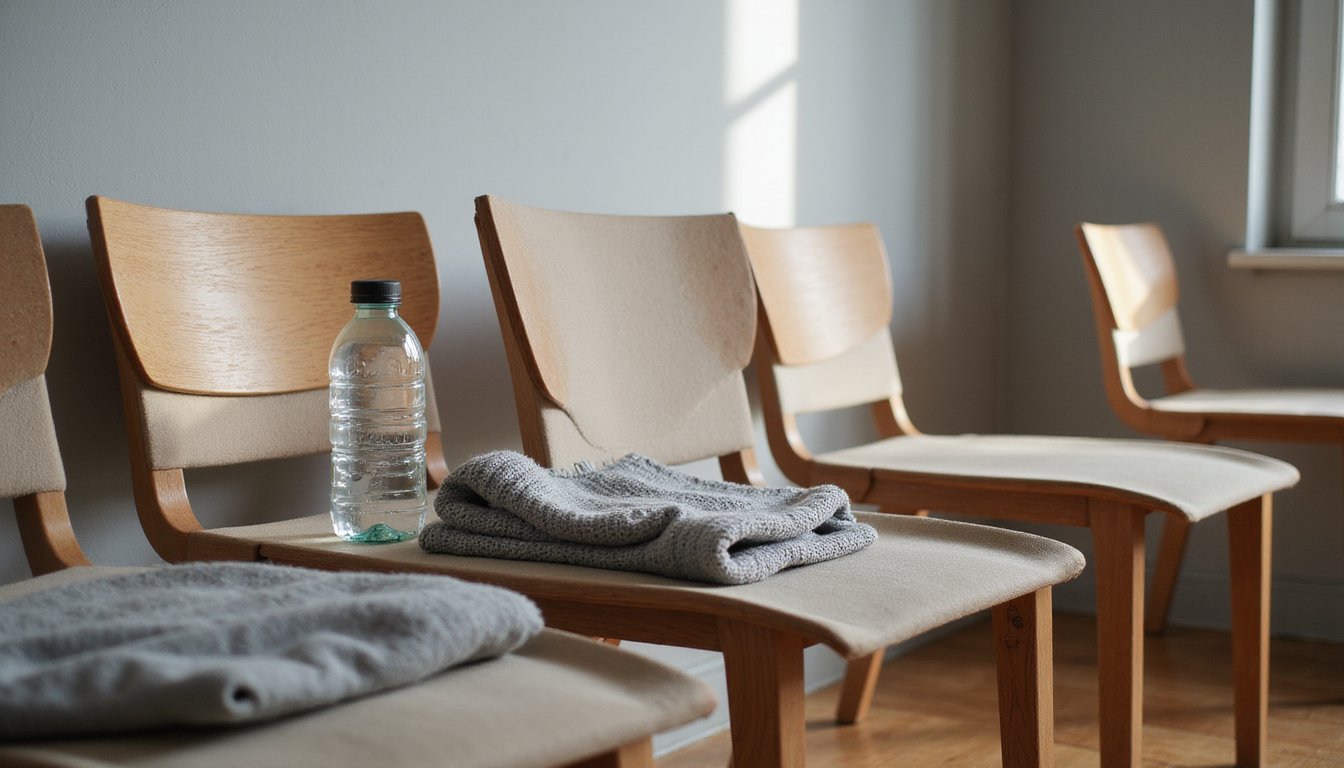 Your day in residential rehab follows a structured timeline that integrates behavioral therapy, skills training, and psychoeducational sessions to address addiction comprehensively. Morning blocks typically focus on evidence-based modalities like CBT and DBT (9:00-10:00 AM), followed by group therapy (10:00-11:00 AM) and educational workshops (11:00 AM-12:00 PM) that target relapse prevention and addiction neuroscience. Afternoon sessions emphasize practical skills development (2:00-3:00 PM) before shifting to personal reflection time, ensuring you're building both psychological insight and real-world competencies needed for sustained recovery. The structured daily routine incorporates recreational activities alongside therapeutic interventions to support your physical and emotional well-being during treatment.
Your day in residential rehab follows a structured timeline that integrates behavioral therapy, skills training, and psychoeducational sessions to address addiction comprehensively. Morning blocks typically focus on evidence-based modalities like CBT and DBT (9:00-10:00 AM), followed by group therapy (10:00-11:00 AM) and educational workshops (11:00 AM-12:00 PM) that target relapse prevention and addiction neuroscience. Afternoon sessions emphasize practical skills development (2:00-3:00 PM) before shifting to personal reflection time, ensuring you're building both psychological insight and real-world competencies needed for sustained recovery. The structured daily routine incorporates recreational activities alongside therapeutic interventions to support your physical and emotional well-being during treatment.



